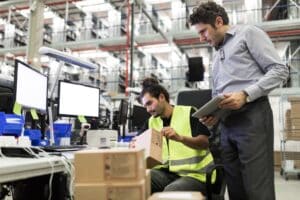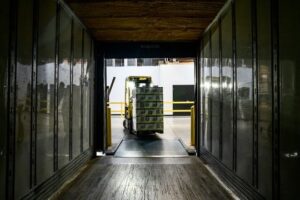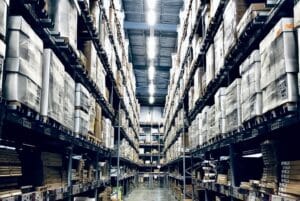Reverse logistics: our management of product returns
Logistics
Supply Chain
June 10, 2024
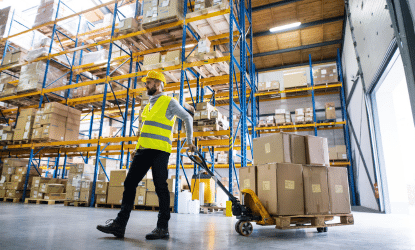
What is reverse logistics?
Reverse logistics, or reverse logistics, is a management process that focuses on returning products from the consumer to the manufacturer or distributor. Unlike traditional logistics, which focuses on getting products from manufacturer to consumer, reverse logistics deals with the management of returned products for various reasons such as customer returns, defective products, recycling or reuse of materials.
Why is reverse logistics important?
- Customer Satisfaction: The ability to easily return products increases customer satisfaction and loyalty.
- Sustainability: It allows the recycling and reuse of products and materials, thus contributing to more ecological practices.
- Cost Reduction: By recovering and reusing products or components, businesses can reduce their production and supply costs.
- Regulatory compliance: Many industries must comply with strict regulations regarding the treatment of end-of-life products.
A new module for managing product returns
A new technological module in our EGO WMS has been jointly developed with a French specialist in returns outsourcing solutions for marketplaces. The goal is to interface information flows between web merchants and their warehouses more effectively.
The challenges of interfacing between WMS and CMS
Our partner had noted the difficulty of connecting two often opposing IT worlds: WMS in warehouses and CMS for marketplaces . With the rapid development of e-commerce , managing product returns has become a headache for many web merchants. In our EGO WMS , we already had reverse logistics functionalities to streamline returns: reception, control, storage. Until now, this functionality was activated by interfacing with an ERP.
The goal is to interface information flows between web merchants and their warehouses more effectively.
New innovation
The novelty here was to interface this existing brick in EGO with our partner's returns management Thanks to this module, gains are measured on:
- The time taken to put a customer return into stock (and therefore a discount on the market for e-commerce sites),
- The reduction in the shrinkage rate due to obsolescence of articles,
- A reduction in reception operations associated with a gain in reception storage areas (linked to a reduction in outstandings).
This hybrid module is being installed at a major e-commerce player in France. This returns management will be ensured by a new logistics service provider chosen by our partner, responsible for control and restocking operations.
Outlook: Beyond this first success, this collaboration with our partner aims to offer this universal “plug & play” module, a sort of IT Swiss army knife, to web merchants and logistics providers working for them.
Most read articles
WMS software
Logistics
Supply Chain
August 1, 2025
Sustainable Supply Chain: How to combine performance and ecology in your warehouse?
Green logistics is no longer an option. It's becoming a requirement. The question is no longer whether your supply chain should become sustainable, but how and how quickly. Faced with increasingly demanding consumers regarding brand ethics, tightening environmental regulations, and volatile energy costs, inaction has become the greatest risk.
WMS software
Logistics
Supply Chain
July 9, 2025
Pics of logistics activities: what good practices to master them?
For many companies, commercial activity is punctuated by peaks of demand. Between the overload of the teams, lack of visibility on stocks and risks of ruptures, the management of peaks of activities cannot be improvised.
WMS software
Logistics
Supply Chain
July 25, 2025
Feedback: a strategic asset to master
What if the real performance test of a supply chain was not played on the expedition, but on the return? The logistics of returns is often considered a burden by companies. However, today it is much more than a simple constraint: it is a strategic issue and a real lever for competitiveness.
